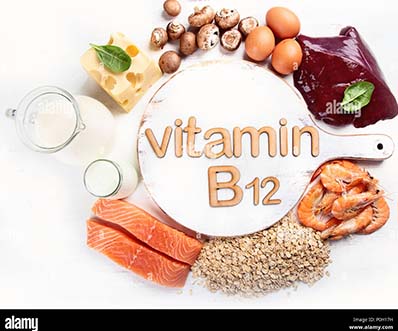SUBJ: Habits, B12, healthy diet, and a photo
See past newsletters here Share health awareness with a friend. Invite a friend to get this newsletter.
Delighted this week when a distinguished physician told a zoom meeting that he takes Mito-C and Triumph! Vitamin C deficiency contributes to obesity.
How habits are formed, from Heartline study: 40-50% of behavior is automatic. 3 parts: the cue, the routine, the reward. To change behavior, you need a natural cue and a strong reward. For exercise, my cue is any opportunity that provides useful exercise, like waking up and doing pushups to get my muscles going. The reward is knowing that exercise kills senescent cells which otherwise cause aging.
What harm can having too little of vitamin B12 do? Consider this: Over the course of two months, a 62-year-old man developed numbness and a “pins and needles” sensation in his hands, had trouble walking, experienced severe joint pain, began turning yellow, and became progressively short of breath. The cause was lack of vitamin B12 in his bloodstream, according to a case report from Harvard-affiliated Massachusetts General Hospital. And therein lies the problem: Some people don’t consume enough vitamin B12 to meet their needs, while others can’t absorb enough, no matter how much they take in. As a result, vitamin B12 deficiency is relatively common, especially among older people. a condition affecting 10%–30% of older adults.
An 18-month study by researchers at Israel’s Ben Gurion University found that a Green Mediterranean (MED) diet reduced hepatic fat by 39%. This compared to 20% for the traditional MED diet and 12% for a regular healthy diet. The diet can prevent fatty liver disease, diabetes and heart disease.


